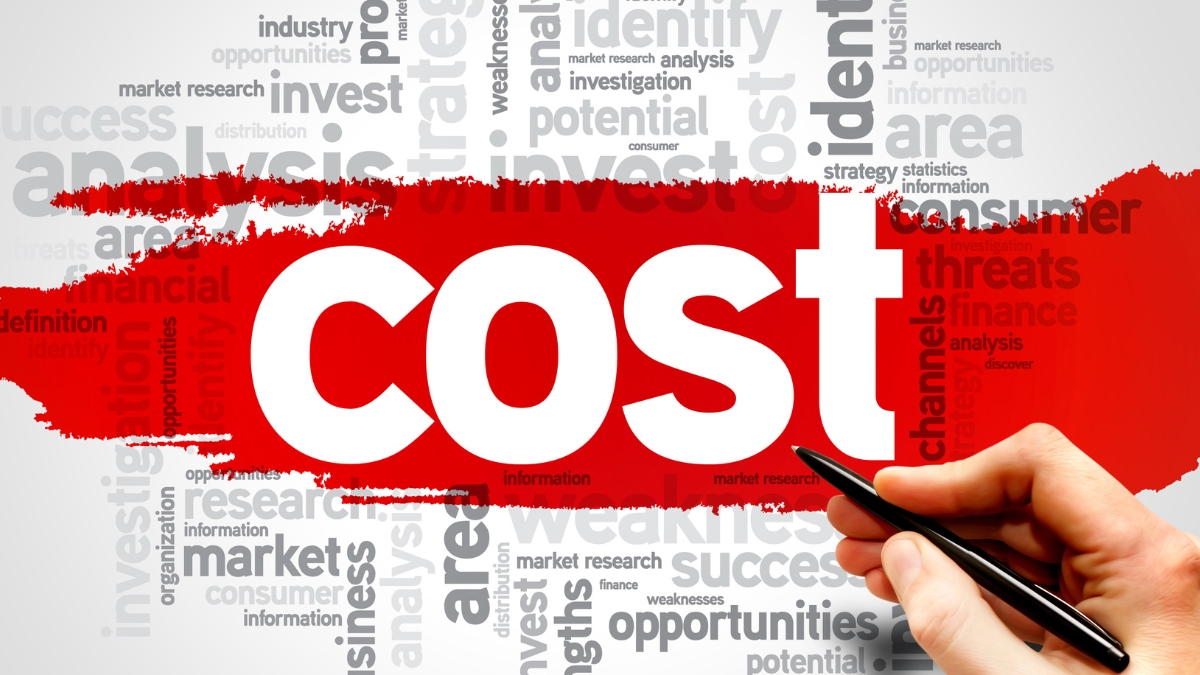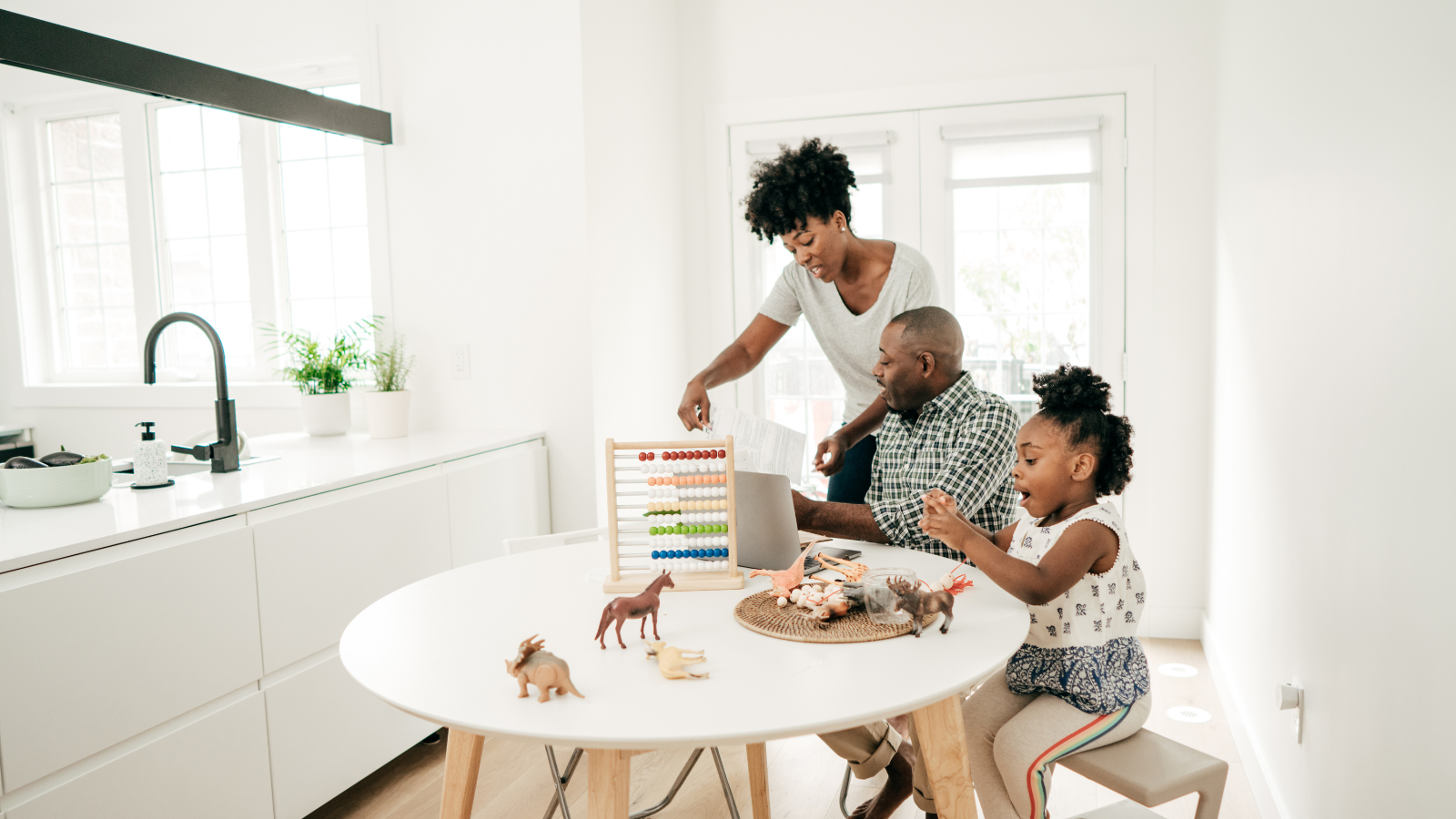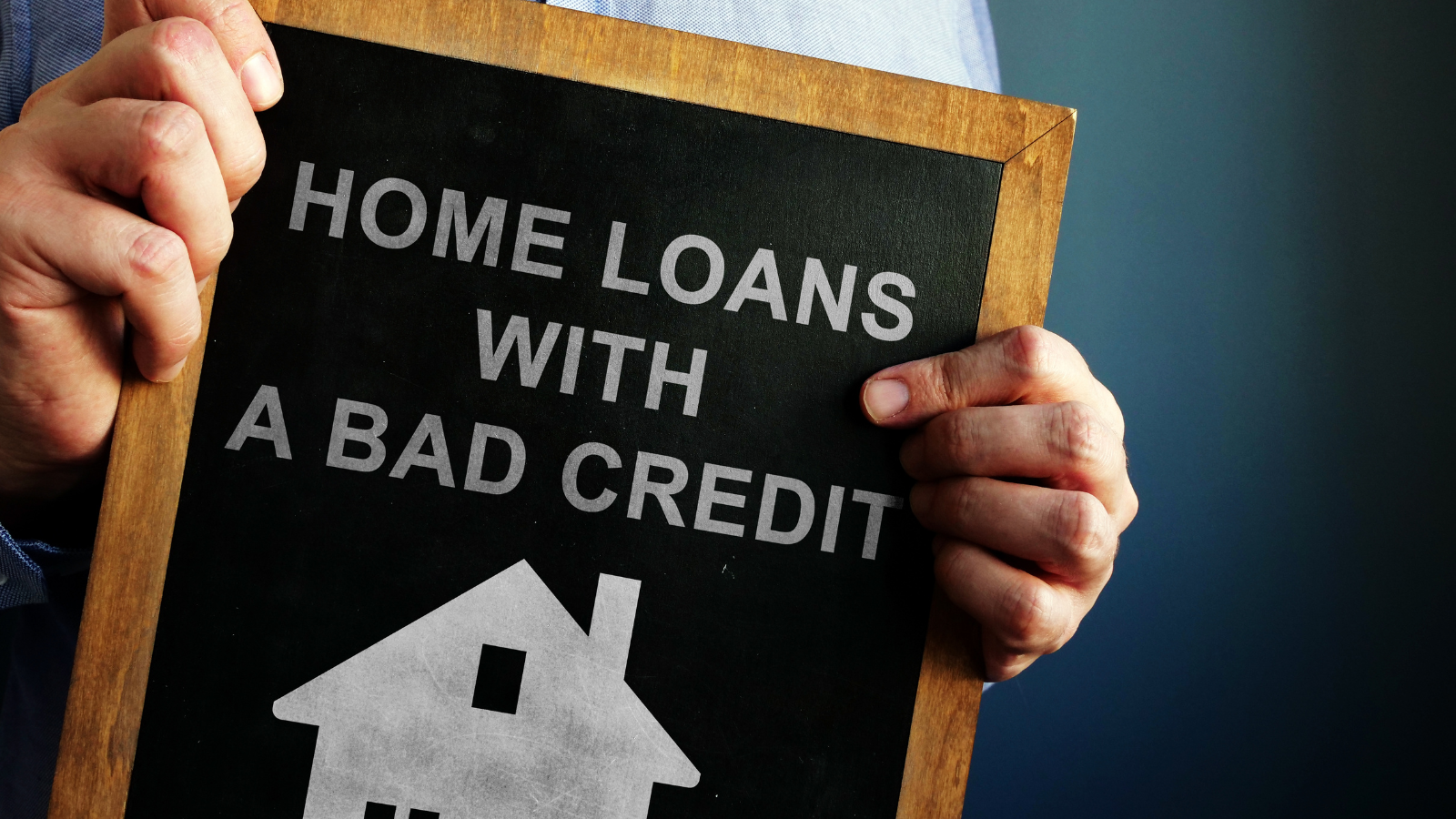
Guide To Getting A Mortgage
A mortgage is a type of loan that is used to purchase or refinance property. A few basic features of a mortgage include the purchased property, which is always used as collateral, and regular payments to the lender are required. Mortgages can sometimes cover the cost of property taxes and insurance premiums. Mortgages are quite substantial monetarily. You can even get a mortgage that is worth millions.
A fixed interest rate means that the interest rate applicable to your mortgage will be consistent throughout the mortgage’s life, regardless of any external activity. A variable interest rate will change as your bank’s prime rate changes. More indicatively, the interest rate fluctuates based on the decisions the Bank of Canada will make. The Bank of Canada will make their decision based on how the economy is, this way your mortgage interest rate will essentially fluctuate based on external activity. Generally, when the prime rate increases, your mortgage variable rate will increase. Therefore, when the prime rate decreases, your mortgage rate will decrease.
It’s difficult deciding between a fixed and variable interest rate when looking into a mortgage. It’s a tough decision to make, due to the not knowing what the future holds for any mortgage and whether the future has a great impact on interest rates. If you feel that economic conditions will be favourable in the future, it’s best to go with a variable interest rate. In other cases, if you feel the economic conditions will be unfavourable, it’s better to go with a fixed interest rate.
Having an open mortgage means you can pay off your mortgage balance early without any penalties. A closed mortgage only allows for a certain amount of payment each year, in addition to the regular payments. Although, some closed mortgages will not allow lump sum payments at all.
Borrowers usually choose a closed mortgage because they have lower interest rates. Closed mortgages have lower interest rates because the lender won’t have to worry about the lost interest if a borrower were to pay off the loan early. However, if you expect that you will have the money to make large lump sum payments towards your mortgage, then going for an open mortgage is a better option. Lump sum payments go towards the principal balance only, you will end up paying less interest overall this way.
- Property Transfer Tax is a one-time tax paid to Province of BC by the purchaser whenever there is a change of ownership or change in shared % interest in a property.
- Property Transfer Tax is calculated based on the fair market value of the property at the time of transfer.
- The percentage of the tax that you owe is based on the % shared ownership or shared interest you have.
One important point to keep in mind is that Property Transfer Tax is provincial and is NOT the same as the annual Property Tax which is paid to the local municipality every year.
Pre-Qualification: This is ideal when you’re only thinking about buying a home. A lender will collect basic information about your finances and then give you an approximate figure for how much they’d potentially be willing to lend you to buy a property.
Pre-Approval: Getting pre-approved for a mortgage is more formal than pre-qualifying. In this stage a lender will verify the financial information you provide them and run a credit check. If you’re pre-approved it indicates that the lender is committed to providing you with a loan, though the final amount they’re willing to lend you and the terms of the mortgage are subject to change based on an actual property valuation as well as market fluctuations.
The Mortgage Stress Test: This is a calculation of whether you can still afford to pay your mortgage if rates increase. The results of this stress test will determine your qualifications for the mortgage you’re looking to take and applies to all home buyers, and what we need to do for debt servicing, including those who make a 20% down payment on their home.
Down Payment: This is the amount of money you’re required to pay upfront when buying real estate. The bigger your down payment, the smaller the mortgage you’ll need. For example, if you spend less than $500,000 on a home, you’re only required to put 5% of the purchase price down.
Mortgage Rate: This is the interest rate you’ll pay on your mortgage. This will determine how much you pay in interest over the life of your mortgage. Your mortgage rate may change depending on if it’s fixed or variable.
Closing Costs: These are expenses that you’re required to pay out of pocket leading up to your closing date. Examples of closing costs include legal fees, appraisal fees, title insurance, a home inspection, and movers. It’s a good idea to budget between 1.5% and 4% of a home’s purchase price towards closing costs.
It is VERY important to have a clear understanding of the implications when it comes to important factors to getting a mortgage and how it can affect you. It makes all the difference in future planning and can impact you in very significant ways.
At GLM Mortgage Group, we know what questions to ask. We have relationships with the lenders that you know about and the lenders you don’t. We would be pleased to educate you on the financial options available to you. We want you to make the best decision possible on the mortgage that you are committing to. Call us anytime for a FREE consultation on the mortgage products available to you.



